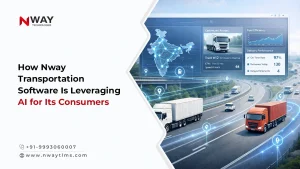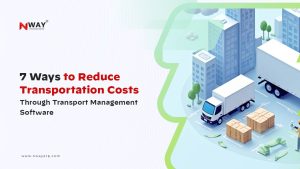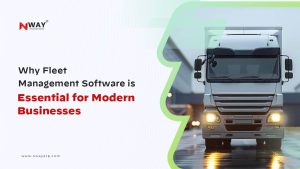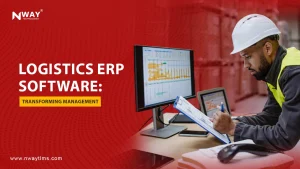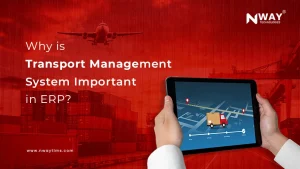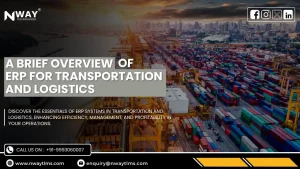Revolutionizing the Transportation Industry: How Transportation Management Software is Leading the Way in Innovation and Efficiency

Businesses must stay updated with the newest technologies because the transportation industry is continuously changing and evolving. Transportation Management Software (TMS) is one of the most significant technology developments in the transportation sector. TMS is a system created to control and optimize the flow of products and goods along the supply chain. This post examines how TMS transforms the transportation industry by boosting productivity, cutting expenses, and raising customer happiness.
Introduction to Transportation Management Software (TMS)
The transportation management system (TMS) is a full system that simplifies the entire transportation process, from planning to execution to tracking and analysis. TMS software can help firms manage logistics operations by providing real-time visibility into shipments, inventories, and tracking. TMS improves supply chain management by automating monotonous procedures, reducing errors, and speeding up deliveries.
Benefits of Implementing a Transportation Management System
Implementing a transport management system can tremendously benefit businesses. One of the key benefits is an increase in efficiency. Route planning, scheduling, and tracking are just a few manual operations that TMS automates, reducing errors and gaining efficiency. Furthermore, TMS provides real-time visibility into the supply chain, enabling businesses to make quick, informed decisions. As a result, customers are happier, and sales increase. TMS also saves money and can help firms reduce shipping costs by optimizing routes, bundling shipments, and negotiating lower rates with carriers. TMS can help organizations reduce inventory carrying costs by enhancing inventory accuracy and reducing stock-outs.
Transportation Management Software Features and Functionality
TMS software includes features and functions like route planning, load optimization, carrier selection, real-time tracking, and reporting. Businesses can save time and money by optimizing their shipping routes through route planning. Businesses can utilize load optimization to consolidate shipments and save money on transportation. Carrier selection assists organizations in picking the best carrier for their needs by using variables such as pricing, speed, and reliability. Because of the real-time visibility into the supply chain that real-time tracking provides, businesses can make swift, well-informed decisions. With the help of reporting, businesses can review their transportation data and identify areas for improvement.
How TMS is revolutionizing the transportation industry
Transportation management software is transforming the transportation sector by boosting productivity, cutting expenses, and raising customer happiness. Routine tasks like route planning, scheduling, and tracking are automated using TMS, which lowers errors and saves time. TMS also offers real-time visibility into the supply chain, empowering companies to make swift, well-informed decisions. Sales increase as a result of higher customer satisfaction.
Transportation management software assists companies in cutting transportation expenses. TMS can consolidate shipments, improve pricing with carriers, and optimize routes. TMS can save inventory carrying costs for firms by increasing inventory accuracy and decreasing stock-outs. Profitability and competitiveness rise as a result.
Common TMS integrations and tools
A complete perspective of the supply chain can be provided by transportation management software when connected with other business systems. ERP, WMS, and CRM connections with TMS are frequently used. Thanks to ERP connectivity, businesses can manage their whole supply chain from a single platform. Real-time inventory visibility provided by WMS integration enables companies to optimize their inventory levels. By giving firms real-time access to client orders and shipments, CRM integration aids in managing customer interactions. Additionally, TMS includes several tools that can assist companies in managing their transportation operations. These features include route planning, carrier selection, load optimization, real-time tracking, and reporting.
Conclusion
Transport management software is revolutionizing the transportation industry by boosting productivity, cutting expenses, and raising customer happiness. TMS streamlines manual procedures gives firms real-time insight into the supply chain, and aids in the improvement of transportation operations. A complete perspective of the supply chain can be provided by TMS when connected with other business systems. Businesses may enhance their logistics processes and remain ahead of the competition by implementing a Transportation Management System.
Let’s make running your construction business a little less crazy.
Subscribe for weekly insights.
Recent Posts

